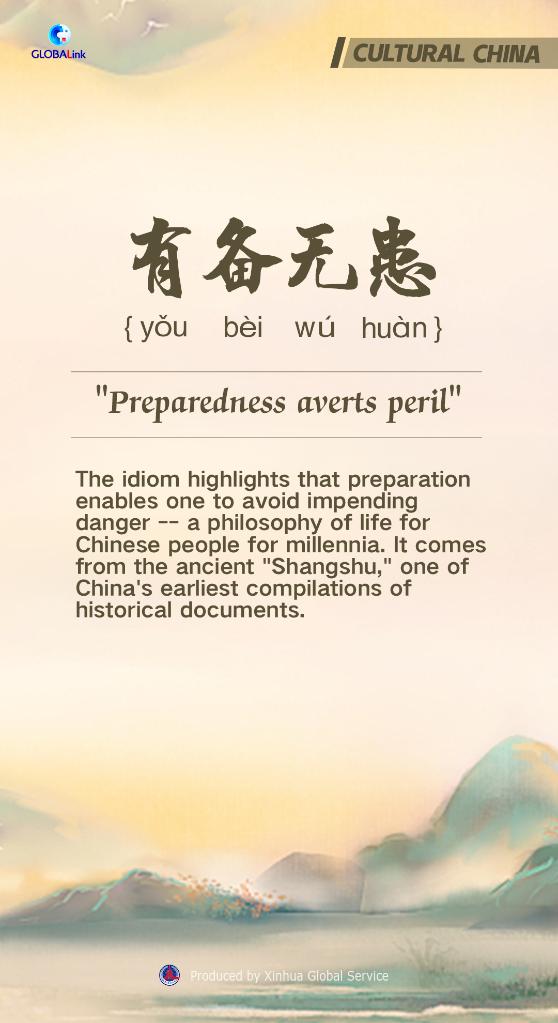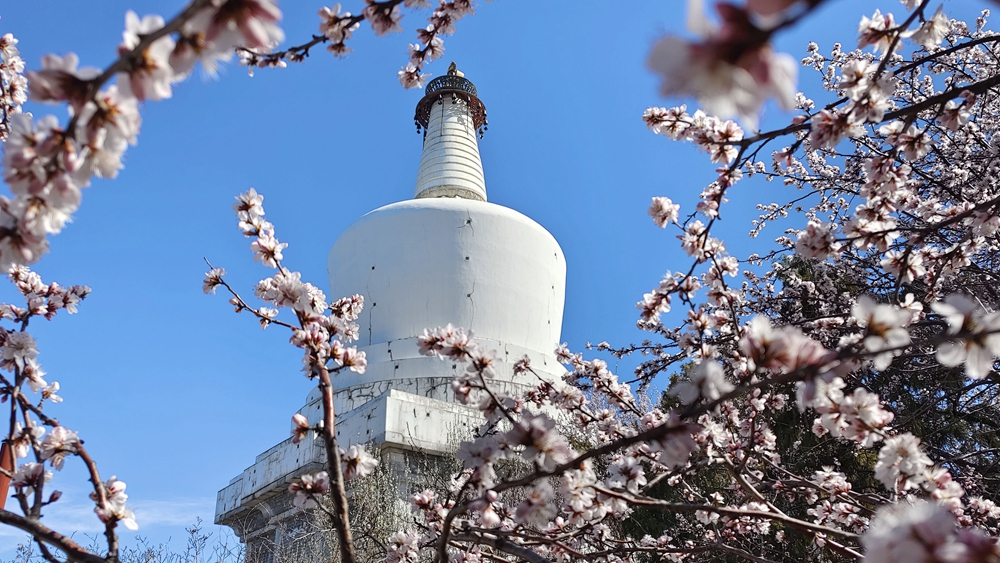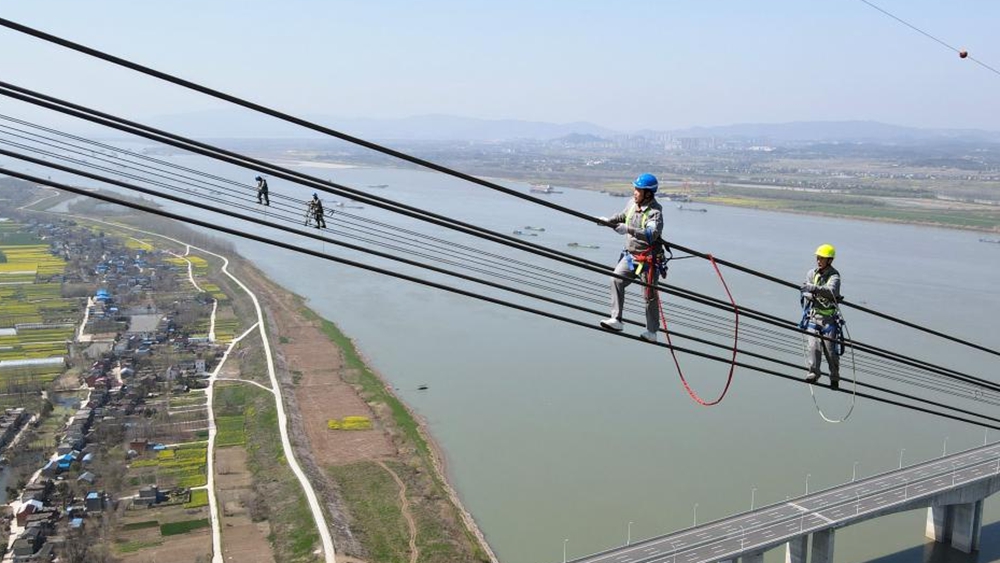
WUHAN, March 17 (Xinhua) -- Preparation enables one to avoid impending danger -- a philosophy of life for Chinese people for millennia.
The wisdom is manifested in the Chinese idiom "You Bei Wu Huan," which literally means, "preparedness averts peril."
It comes from the ancient "Shangshu," one of China's earliest compilations of historical documents. Fu Yue, a senior official of the Shang Dynasty (1600-1046 B.C.), advised Wu Ding, the then monarch, to bear in mind "preparedness averts peril" among many other suggestions to better govern the country.
Since then, rulers of ancient China were often advised to stay prepared for possible dangers. In modern times, ancient wisdom has become a philosophy guiding Chinese people in all aspects of life.
After a 76-day lockdown in early 2020, the central Chinese city of Wuhan has remained mostly free of COVID-19 infections for most of the time during the past two years, while a new round of locally-transmitted cases emerged all of a sudden on Feb. 21, 2022.
As local residents in Wuhan are all prepared for the possible resurgence of the virus, the city quickly launched its emergency response mechanism, carrying out epidemiological investigations, screening possible close contacts and disinfecting relevant sites.
Due to the timely detection and blocking of transmission chains, the fresh outbreak in Wuhan is expected to be quickly brought under control.
China has always insisted on being vigilant and fully prepared to deal with unpredictable emergencies or other changes. ■












